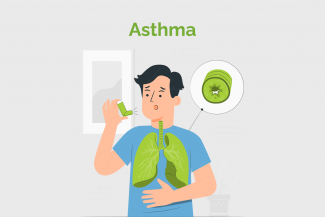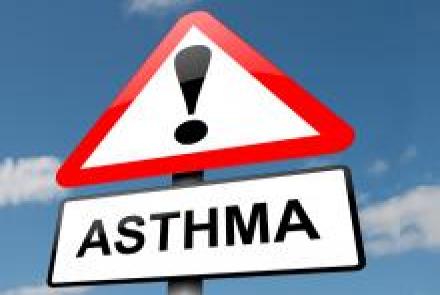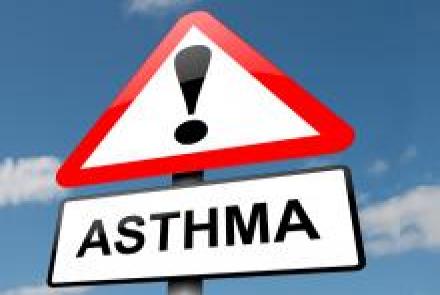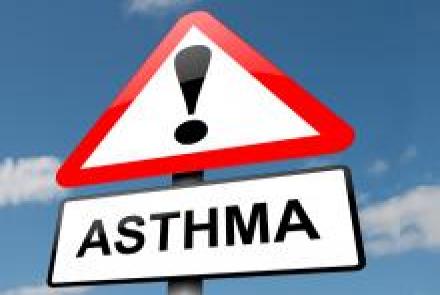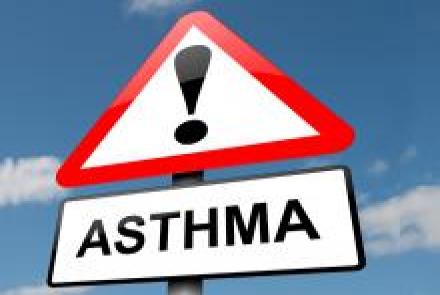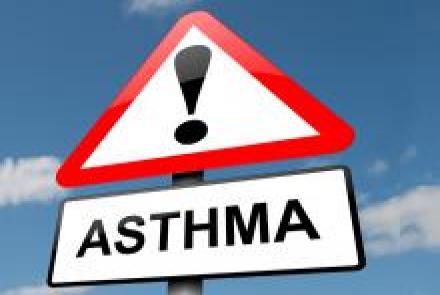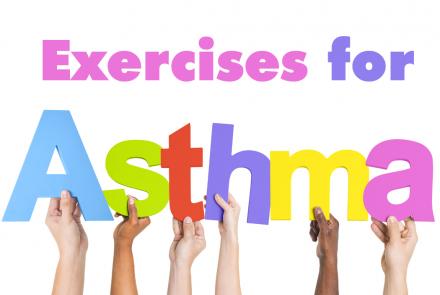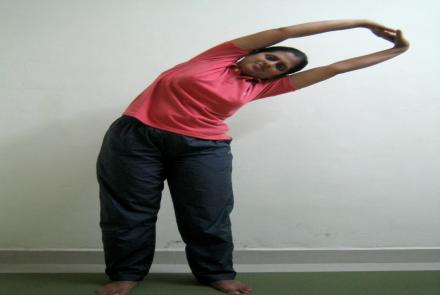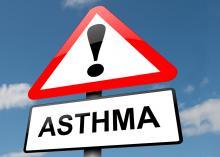
What tests do you need to have done
Medical history and physical examination: The doctor will ask about your family history of asthma and allergy. He will listen to your breathing and look for signs of asthma or allergies. The signs include wheezing, a runny nose or swollen nasal passages, and allergic skin conditions (such as eczema).
He may recommend some of the following diagnostic tests:
Lung Function test: One example is Spirometry test. In this test, you will take a deep breath and blow into a sensor. This measures the amount of air your lungs can hold and the speed at which you inhale or exhale. Breathe in slowly and breath out normally. If we breathe too fast,the balls in the spirometry will shoot to the top and if we breathe too slowly,the balls will stay at the bottom. The goal is to make sure that the balls stay in the middle of the chamber.
Allergy testing: To find out which allergen affects you.
Bronchoprovocation: This measures how sensitive your airways are. This test repeatedly measures lung function during physical activity or after the patient is given increasing doses of cold air or a chemical to breathe in.
Chest X-ray or ECG (electrocardiogram): These tests will help to find out any allergens that may be obstructing the airways or another disease that may be causing symptoms.

